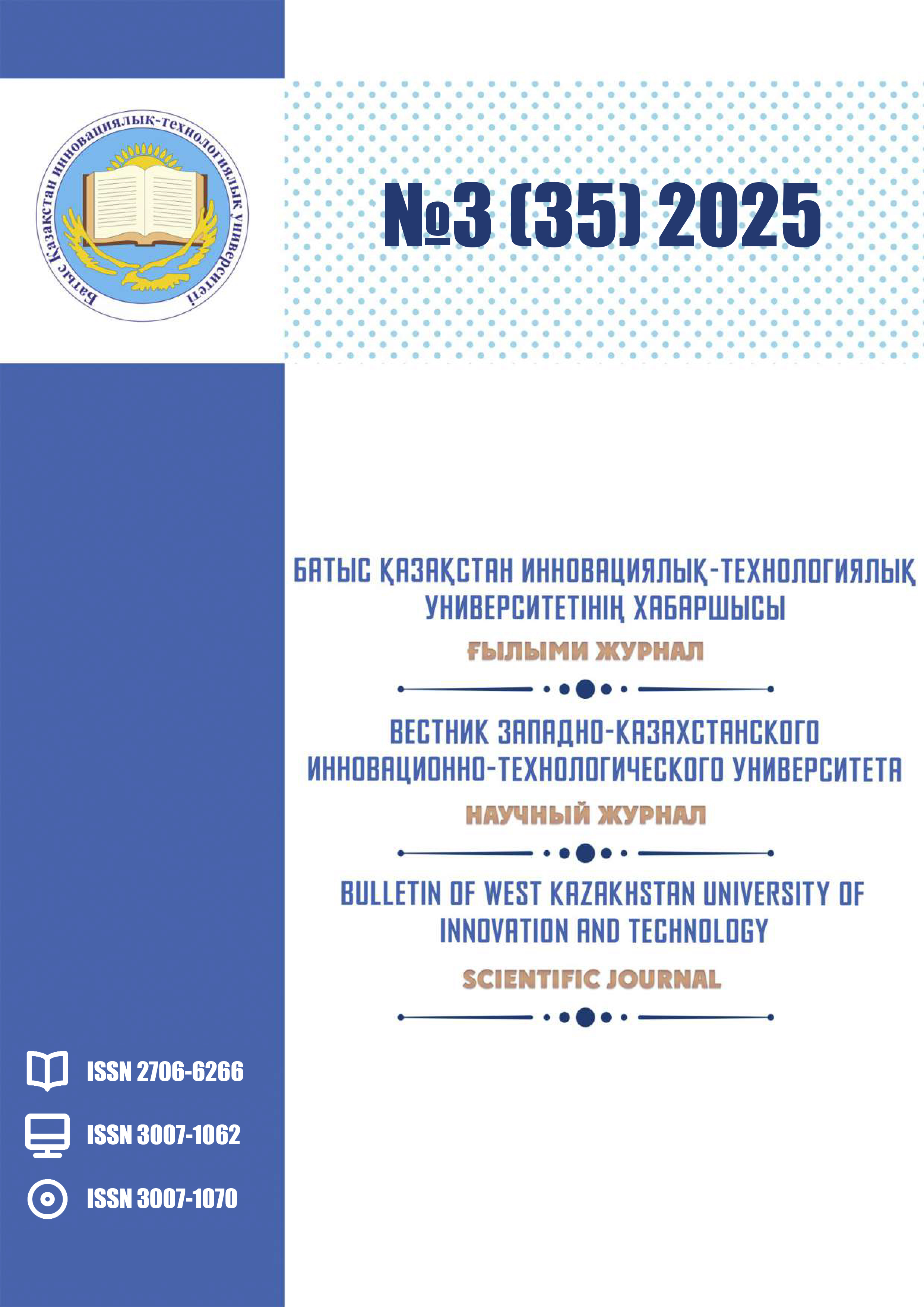LABOR STANDARDIZATION OF VETERINARY SPECIALISTS
DOI:
https://doi.org/10.62724/202530406Keywords:
Labor standardization, veterinary specialists, recommendations, time standards, digitalization, efficiency, veterinary activity.erinary activity.Abstract
The purpose of this study is to provide a comprehensive analysis of the theoretical and practical foundations of labor standardization for veterinary specialists and to substantiate the need for its regular updating under modern conditions. The research methods included the analysis and synthesis of scientific literature, the historical-logical method, and comparative analysis of regulatory documents. The materials of the study comprised regulatory legal acts of the Russian Federation, including the Law “On Veterinary Medicine” and the Labor Code, recommendations on labor standardization for veterinary specialists (2014, 2021), as well as scientific works of domestic and foreign authors. The analysis revealed the main stages in the development of the labor standardization system and identified its key features reflecting the specifics of veterinary specialists’ activities. It was established that modern conditions, including the digitalization of veterinary services, the introduction of automated systems (“VetIS,” “Mercury,” etc.), as well as new methods of diagnosis and prevention of animal diseases, significantly change the structure of specialists’ working time and require revision of the regulatory framework. The practical significance of the study lies in the possibility of applying its results for workforce planning, improving labor organization, and developing scientifically grounded labor standards. The scope of application of the obtained data covers state veterinary institutions, laboratories of veterinary and sanitary expertise, agricultural enterprises, bodies of state veterinary supervision, as well as private veterinary practice. It is concluded that improving the system of labor standardization, its harmonization with international requirements, and consideration of digital factors are essential conditions for increasing efficiency and ensuring the sustainable development of the veterinary service.

